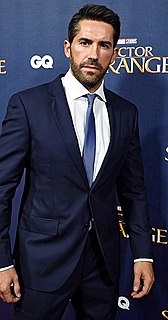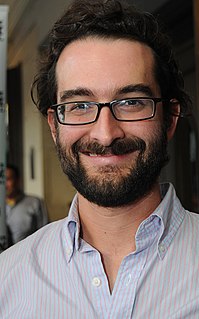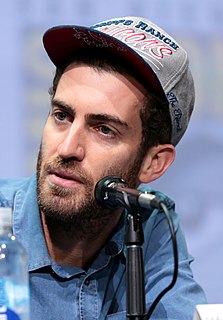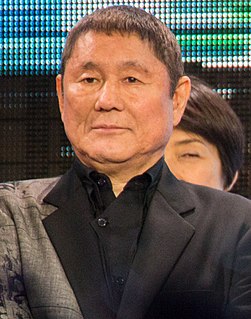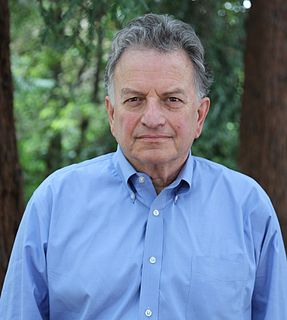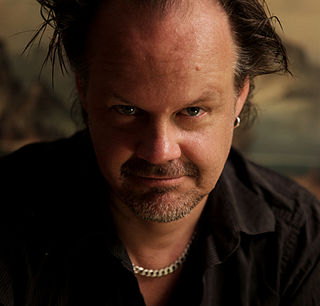A Quote by Scott Adkins
I personally think a fight scene is the most cinematic thing you can witness because all the elements of filmmaking come together, you know, with the camera speed changes, editing, make up effects and general smoke and mirrors of trying to make it look like you are hitting someone when you're not. It's filmmaking in it's purest form, I think.
Related Quotes
Comparing filmmaking to a plastic model, shooting is the process where you mold and color each piece, and editing is where you build a finished whole from the pieces you molded and colored. Obviously, the latter is the most enjoyable part in the making of plastic models, so editing is the process in filmmaking I enjoy the most. But at the same time, editing can be a painstaking task, too.
I love filmmaking when fate is a part of the process and you are dependent on the laws of physics and the elements to get a single moment that transports or in some way creates an illusion even for a moment. I think that is tremendous fun and what I think filmmaking is, catching lightning in a bottle.
Narrative, fiction filmmaking is the culmination of several art forms: theater, art history, architecture. Whereas doc filmmaking is more pure cinema, like cinema verité is film in its purest form. You're taking random images and creating meaning out of random images, telling a story, getting meaning, capturing something that's real, that's really happening, and render this celluloid sculpture of this real thing. That's what really separates the power of doc filmmaking from fiction.
Filmmaking is like any kind of art form. You have to try to figure it out, and you're going to do that by trying. It's like teaching a child to walk. It may start by walking, but eventually it will fall. And I have kids, but I know that that will enable them to stand up again and understand why they fell, and how they can avoid that. They will walk better and faster, and stronger. Filmmaking is the same.
I think it reaffirmed something that I believed in and conceptually always had faith in which was that you're most effective when you work as a team. I love that about filmmaking. I stopped playing team sports at 15-16 because of acting. I think I find a kind of new team sport in filmmaking in a way.
[W]hen you're shooting a doc, you're trying to class it up because you can. You know, you're trying to make this feel like cinematic experience. And when you're doing fiction you're trying to do the opposite thing you're trying to take this very artificial experience this very artificial experience and make it feel real and visceral.
All three parts of filmmaking [writing, shooting, editing] contribute to rhytm. You want the script to be a tight as possible, you want the acting to be as efficient as possible on the set, and you have enough coverage to manipulate the rhythm in the editing room, and then in the editing room you want to find the quickest possible version, even if it's a leisurely paced film. I definitely in filmmaking more and more find writing and directing a means to harvest material for editing. It's all about editing.
